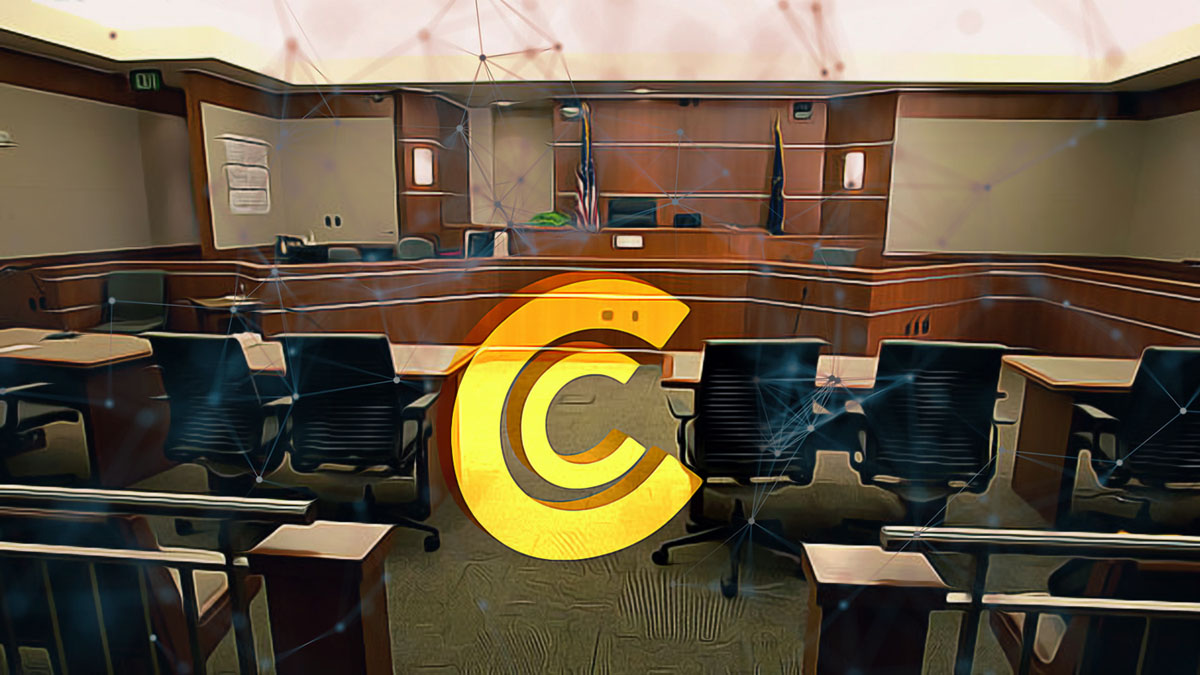As the debate around cryptocurrency regulation intensifies, a division has emerged within the U.S. government ranks. Some lawmakers are voicing their disagreement with the Securities and Exchange Commission (SEC) and its chairman, Gary Gensler, over the handling of digital assets. This discord has led to an unstable environment for the development of cryptocurrency projects within the United States, raising concerns about the trajectory of the industry.
Challenges to the SEC’s Regulatory Framework
The core of the disagreement lies in the SEC’s use of the Howey test to determine what qualifies as a security. This method, which many in the cryptocurrency sector consider antiquated, has not been consistently applied, leading to uncertainty. The U.S. legislative process differs from that of other nations, adding complexity to the creation of crypto-related laws.
Currently, two cases before the Supreme Court could redefine the boundaries of federal agencies’ powers in interpreting laws. These cases, Loper vs. Raimondo and Relentless, Inc. vs. U.S. Dept of Commerce, may restrict the broad definitions that impact cryptocurrency and facilitate the industry’s growth in the United States. They address whether federal agencies can use their judgment in the absence of clear legislative instructions.
The Loper case, in particular, highlights how the Chevron doctrine has been applied to interpret regulations—potentially imposing onerous costs on small businesses. This doctrine originates from the 1984 Chevron vs. Natural Resources Defense Council case, which has had far-reaching implications across various sectors, including cryptocurrency.
The Role of Congress in Crypto Regulation
The Chevron process is a result of Congress’s non-specialist nature and its practice of delegating law implementation to administrative agencies. These agencies administer and enforce laws, but the Chevron precedent allows them to interpret certain aspects of the law when Congress has not explicitly addressed them or has remained silent.
This process grants agencies the authority to implement laws in a rational manner as long as their interpretations are not unreasonable. However, critics from the cryptocurrency community argue that the SEC’s decisions on crypto matters do not always seem rational or reasonable, thereby questioning their effectiveness and fairness.













